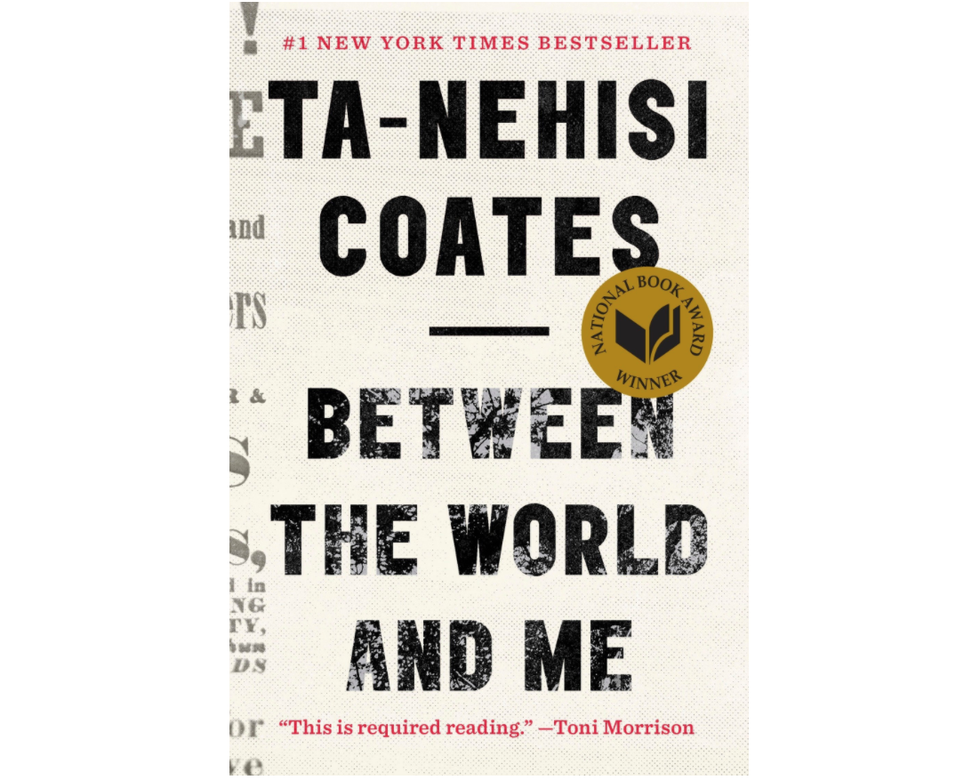It's likely you are seeing the current state of the world and wanting to do something about it. Whether you're only beginning to or wanting to deepen your understanding of the black experience, these books are precisely where to start.
Some, like Maya Angelou's "I Know Why The Caged Bird Sings, are classics you've probably heard of, but may not have picked up yet. Others, like Reni Eddo-Lodge's "Why I'm No Longer Talking To White People About Race," are newer hits.
These books range from first-hand experiences with police brutality and practical tips to discussing race to groundbreaking essays on black feminist ideologies.
"I Know Why The Caged Bird Sings" by Maya Angelou
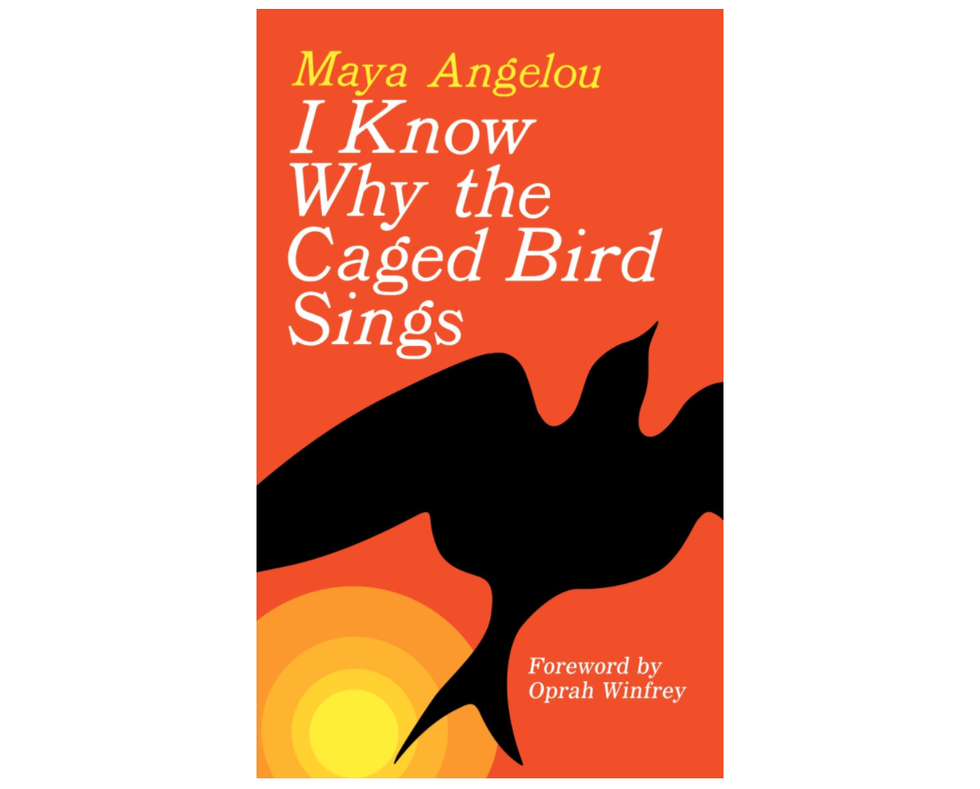
"If growing up is painful for the Southern Black girl, being aware of her displacement is the rust on the razor that threatens the throat. It is an unnecessary insult."
"Why I'm No Longer Talking To White People About Race" by Reni Eddo-Lodge
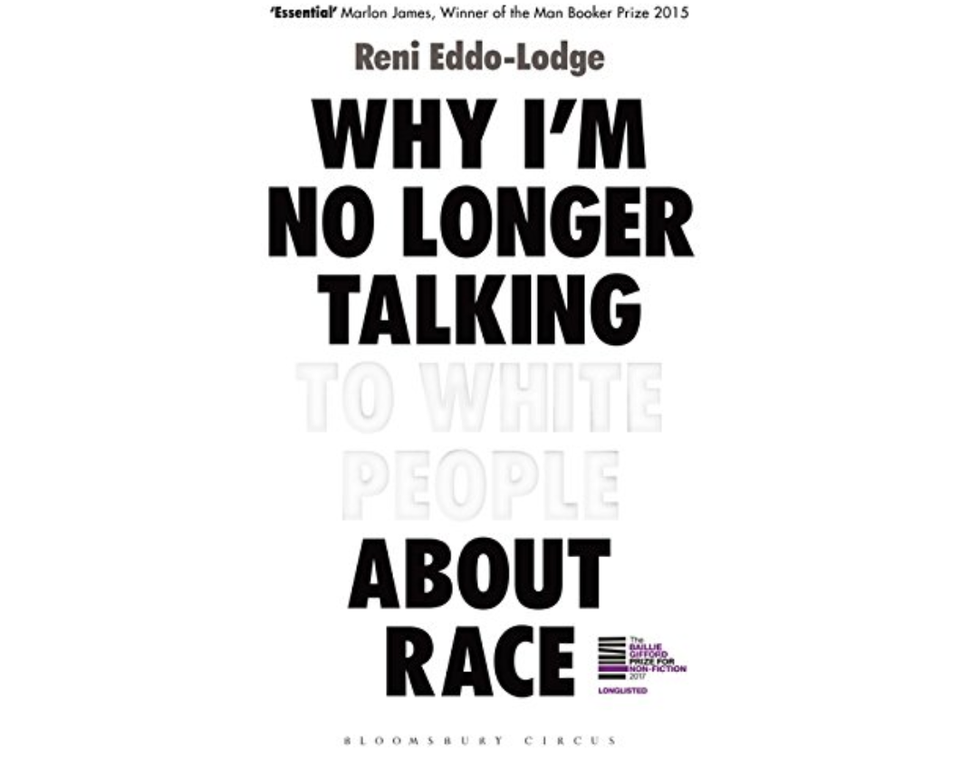
"I'm no longer engaging with white people on the topic of race. Not all white people, just the vast majority who refuse to accept the existence of structural racism and its symptoms. I can no longer engage with the gulf of an emotional disconnect that white people display when a person of colour articulates their experience."
"White Fragility: Why It's So Hard For White People To Talk About Racism" by Robin Diangelo
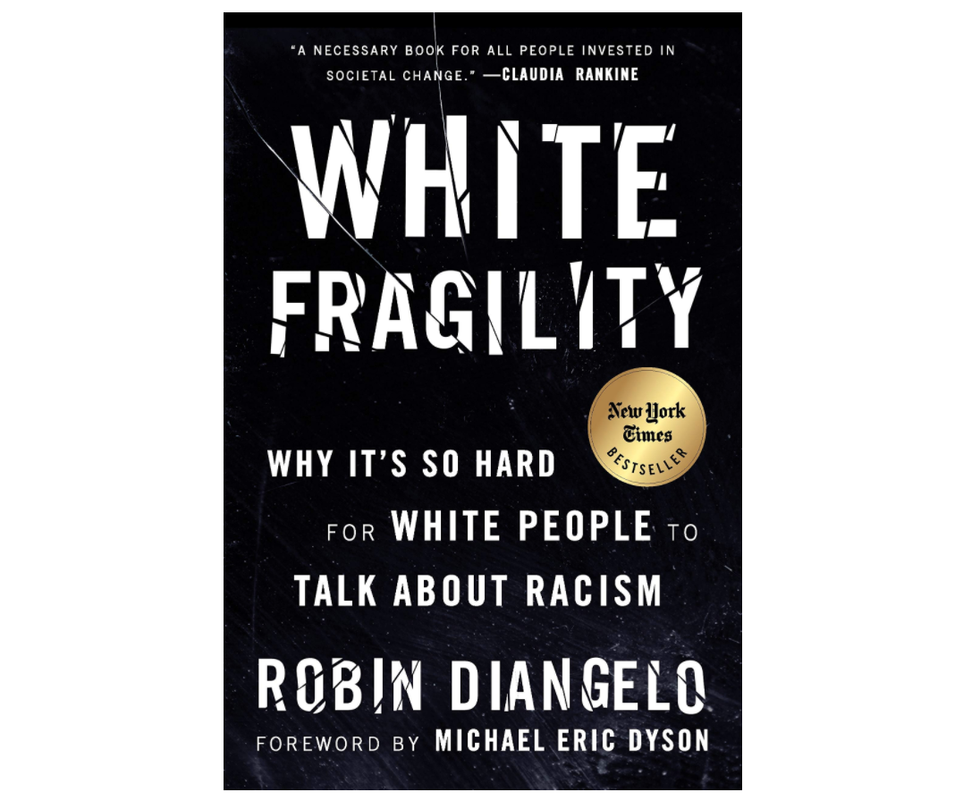
"I was co-leading a workshop with an African American man. A white participant said to him, 'I don't see race; I don't see you as black.' My co-trainer's response was, 'Then how will you see racism?' He then explained to her that he was black, he was confident that she could see this, and that his race meant that he had a very different experience in life than she did. If she were ever going to understand or challenge racism, she would need to acknowledge this difference. Pretending that she did not noticed that he was black was not helpful to him in any way, as it denied his reality — indeed, it refused his reality — and kept hers insular and unchallenged. This pretense that she did not notice his race assumed that he was 'just like her,' and in so doing, she projected her reality onto him."
"Sister Outsider: Essays And Speeches" by Audre Lorde
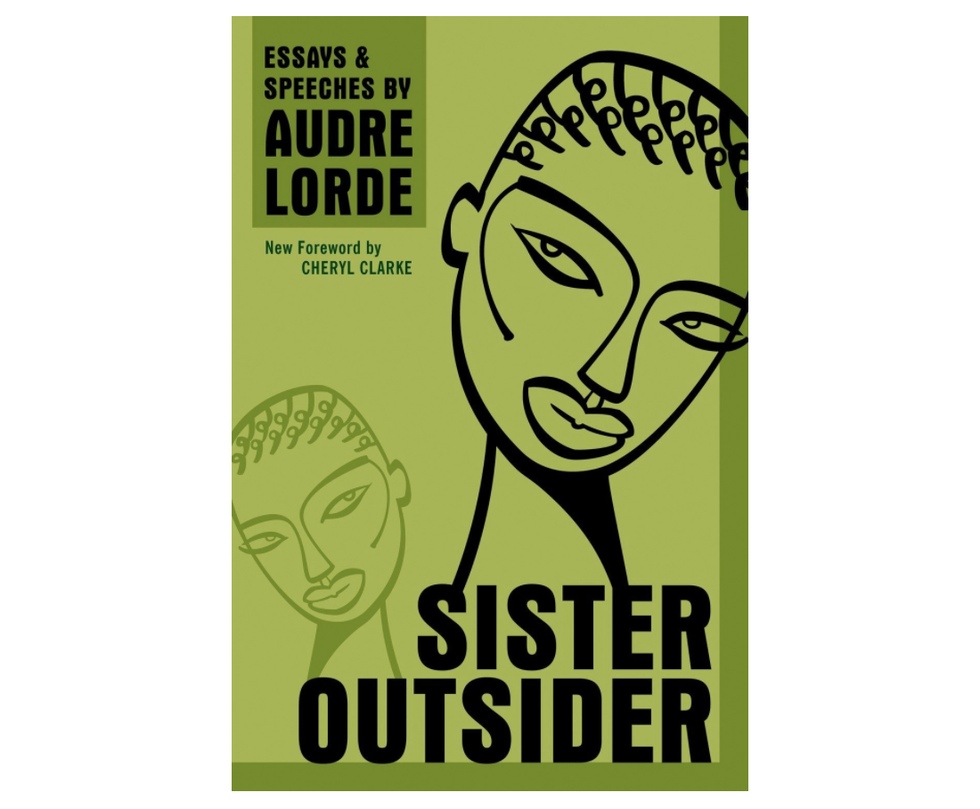
"Black and Third World people are expected to educate white people as to our humanity. Women are expected to educate men. Lesbians and gay men are expected to educate the heterosexual world. The oppressors maintain their position and evade their responsibility for their own actions. There is a constant drain of energy which might be better used in redefining ourselves and devising realistic scenarios for altering the present and constructing the future."
"Playing In The Dark" by Toni Morrison
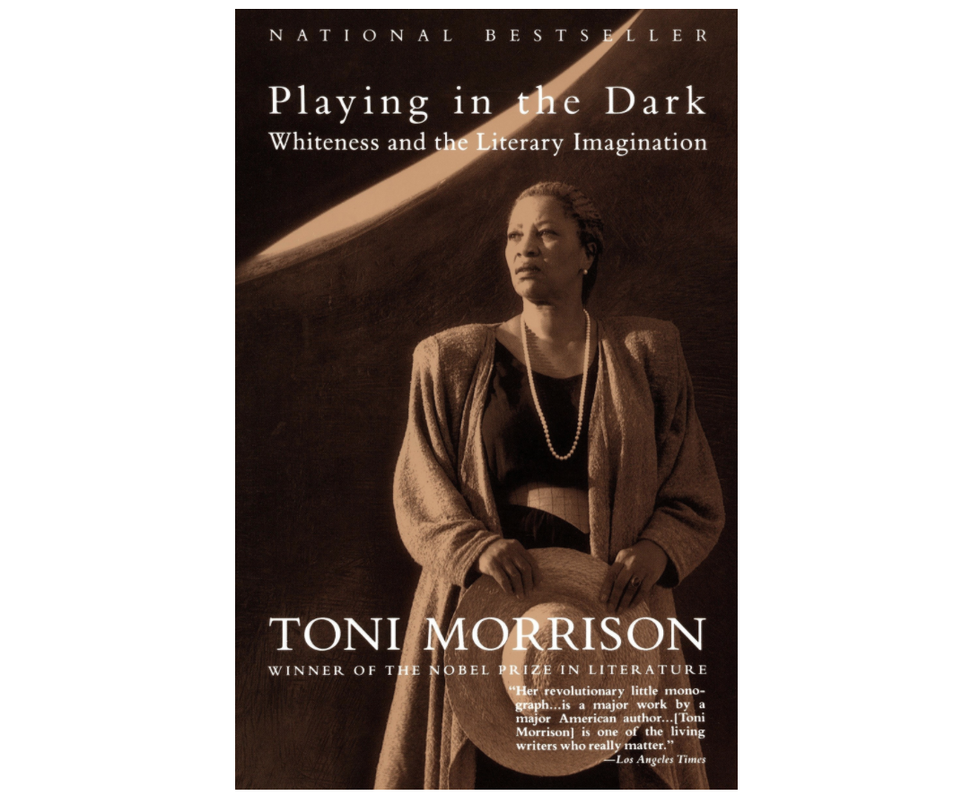
"For some time now I have been thinking about the validity or vulnerability of a certain set of assumptions conventionally accepted among literary historians and critics and circulated as 'knowledge.' This knowledge holds that traditional, canonical American literature is free of, uninformed, and unshaped by the four-hundred-year-old presence of, first, Africans and then African-Americans in the United States. It assumes that this presence — which shaped the body politic, the Constitution, and the entire history of the culture — has had no significant place or consequence in the origin and development of that culture's literature."
"The Emperor Has No Clothes" By Tema Okun
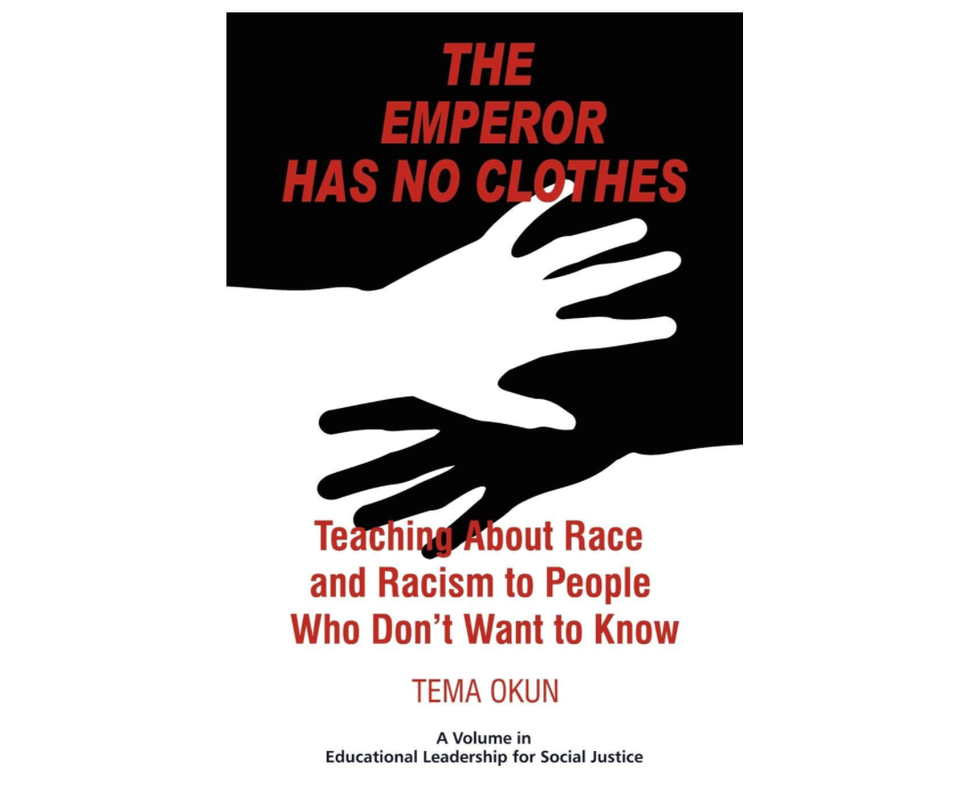
"Fear is what we feel, denial is what we do and defensiveness is how we do it."
"Stamped From The Beginning" by Ibram X. Kendi
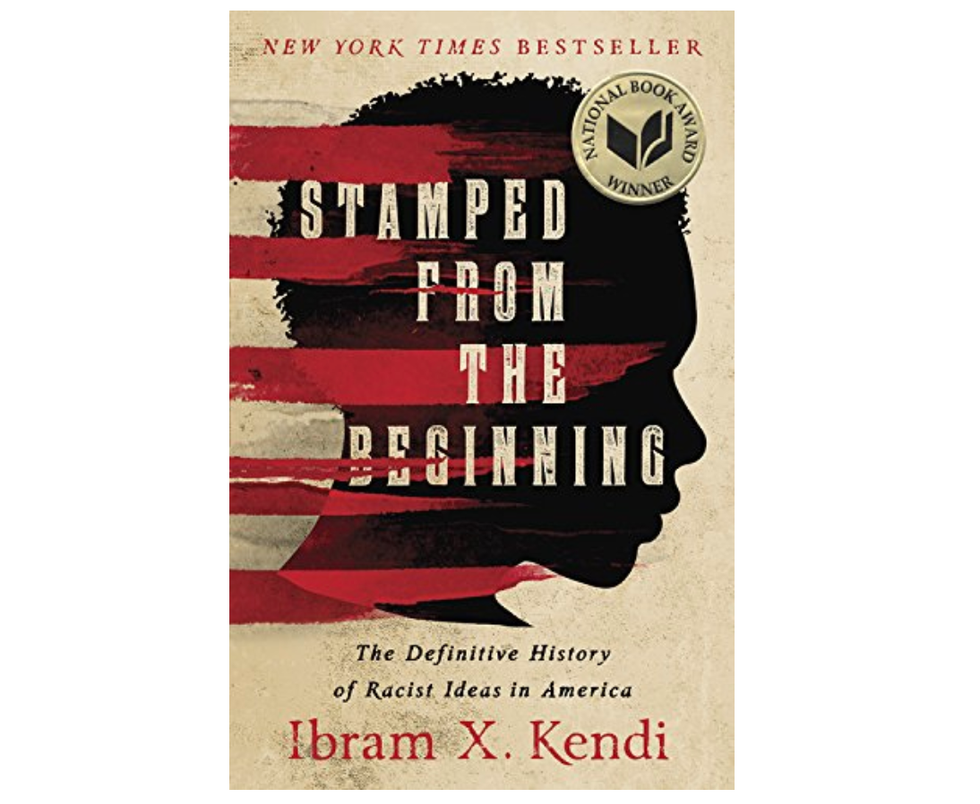
"The beneficiaries of slavery, segregation, and mass incarceration have produced racist ideas of Black people being best suited for or deserving of the confines of slavery, segregation, or the jail cell. Consumers of these racist ideas have been led to believe there is something wrong with Black people, and not the policies that have enslaved, oppressed, and confined so many Black people."
"American Lynching" by Ashraf H. A. Rushdy
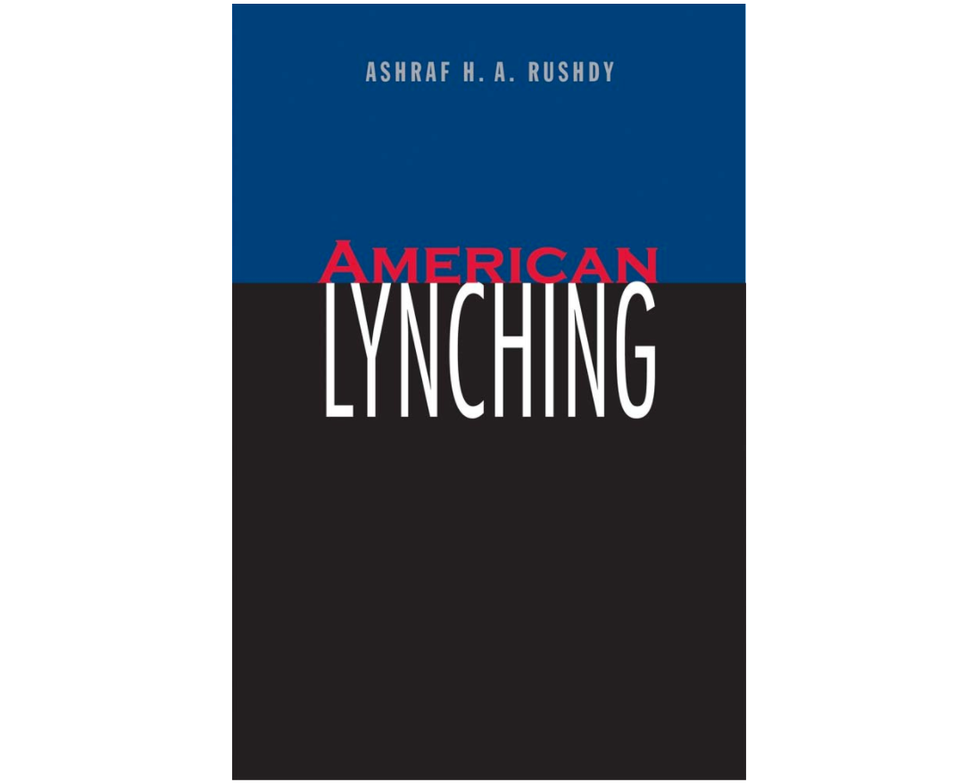
A book on the history of lynching in America, Rushdy argues that there's a larger story told in the evolution of lynching and how it's changed throughout history.
"When Affirmative Action Was White" by Ira Katznelson
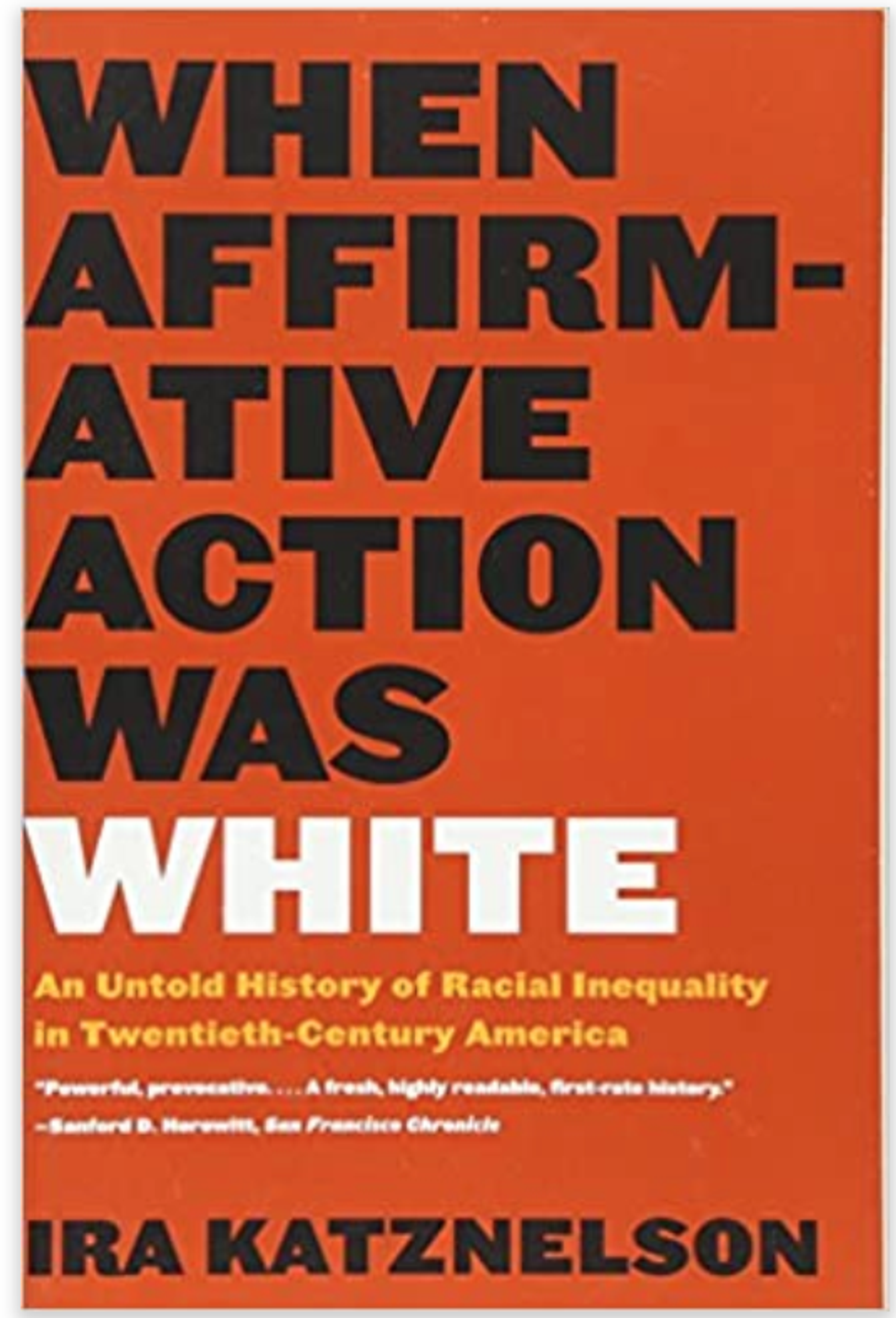
"You do not wipe away the scars of centuries by saying: Now you are free to go where you want, and do as you desire, and choose the leaders as you please. You do not take a person who, for years, has been hobbled by chains and liberate him, bring him up to the starting line of a race and then say, 'you are free to compete with all the others,' and still justly believe that you have been completely fair."
"Stony The Road" by Henry Louis Gates, Jr.
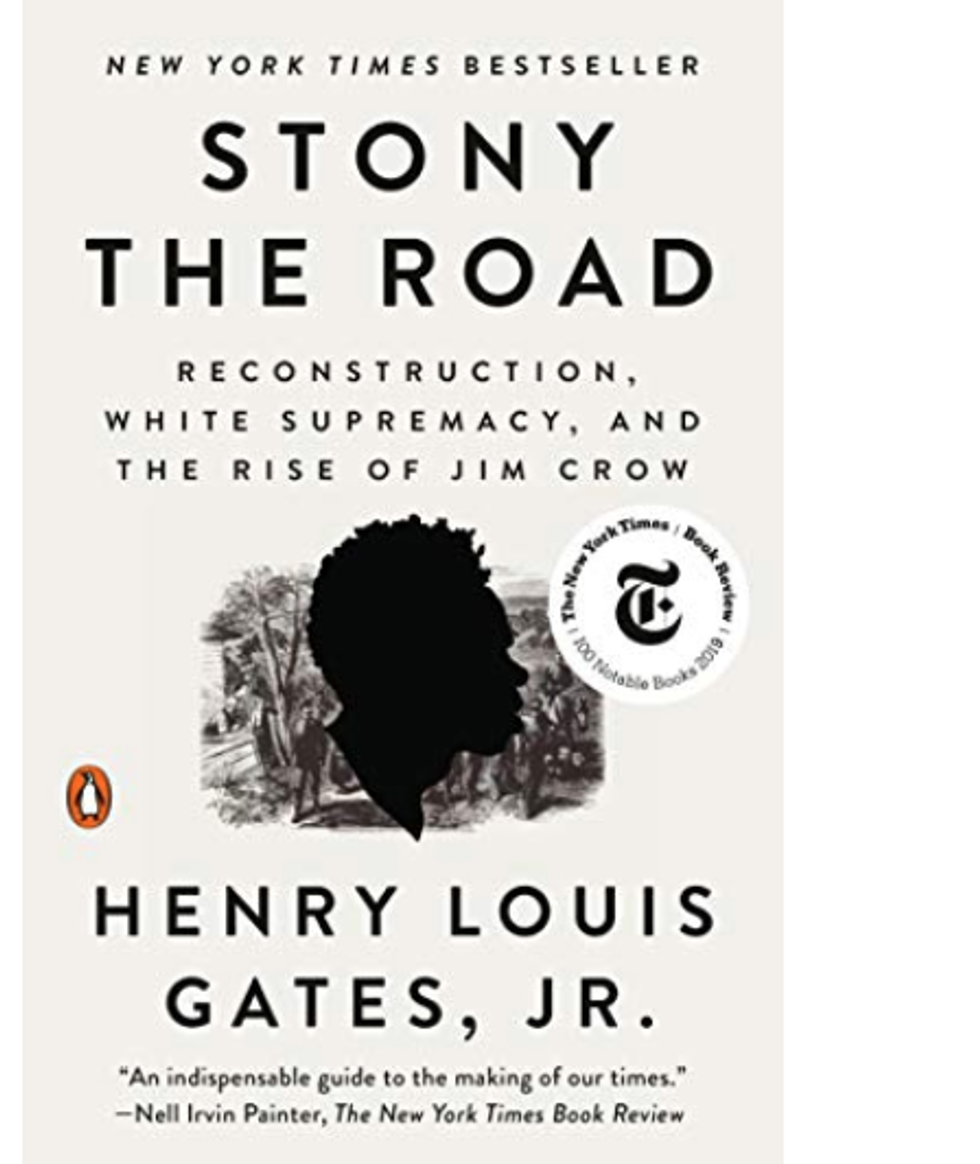
"In the end, it would turn out, just as Bishop Turner seemed to have forecast, that Black America did not need a New Negro; it needed the legal and political means to curtail the institutionalization of antiblack racism perpetuated against the Old Negro at every level in post-Reconstruction American society through an ideology gone rogue, the ideology of white supremacy. One can say that to thrive, the Old and New Negroes needed a New White Man."
"Black Reconstruction In America" by W. E. B. Du Bois
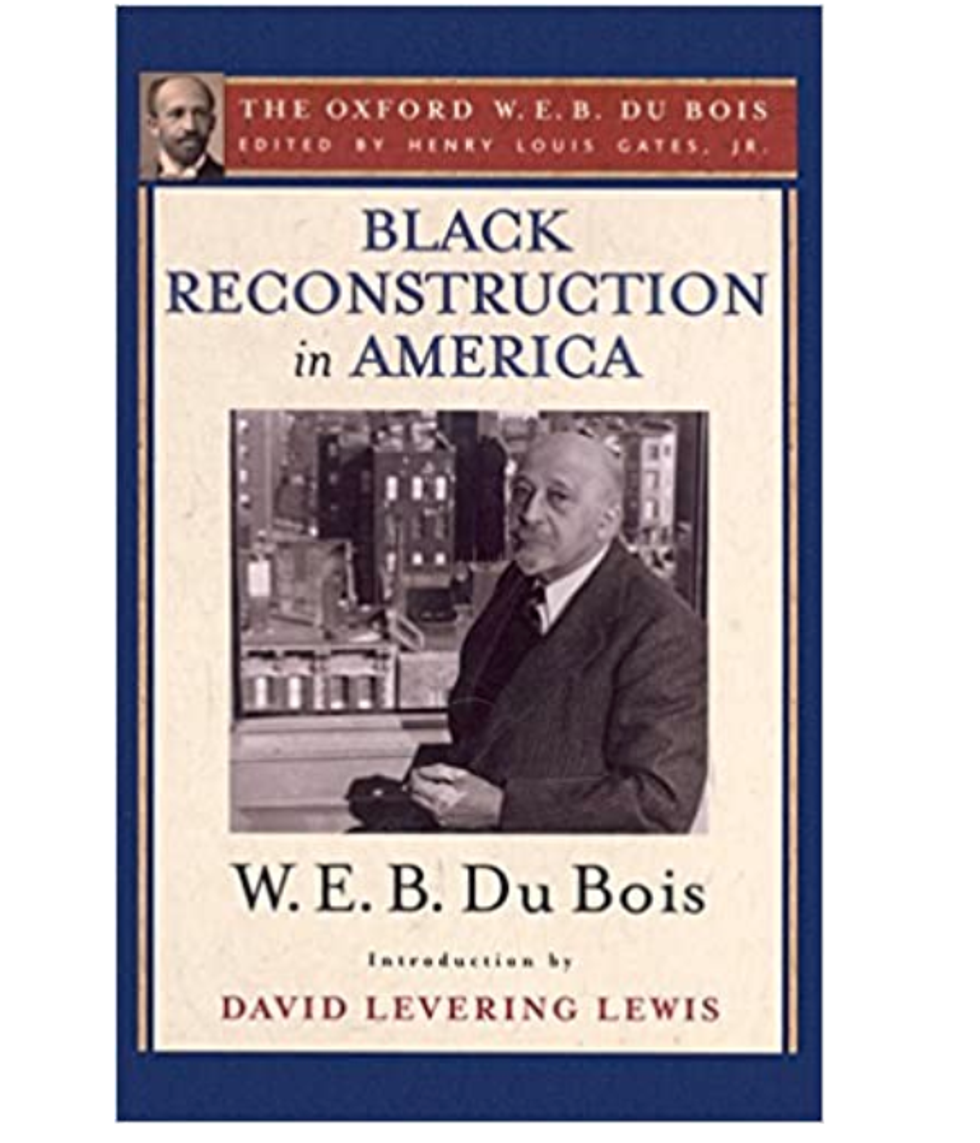
"Arms in the hands of the Negro aroused fear both North and South. Not that the Negroes could not and would not fight, for these same blacks, largely under their own officers, had beaten back Louisiana whites at Port Hudson and Milliken's Bend. But, it was the silent verdict of all America that Negroes must not be allowed to fight for themselves. They were, therefore, dissuaded from every attempt at self-protection or aggression by their friends as well as their enemies."
"How We Get Free" by Keeanga-Yamahtta Taylor
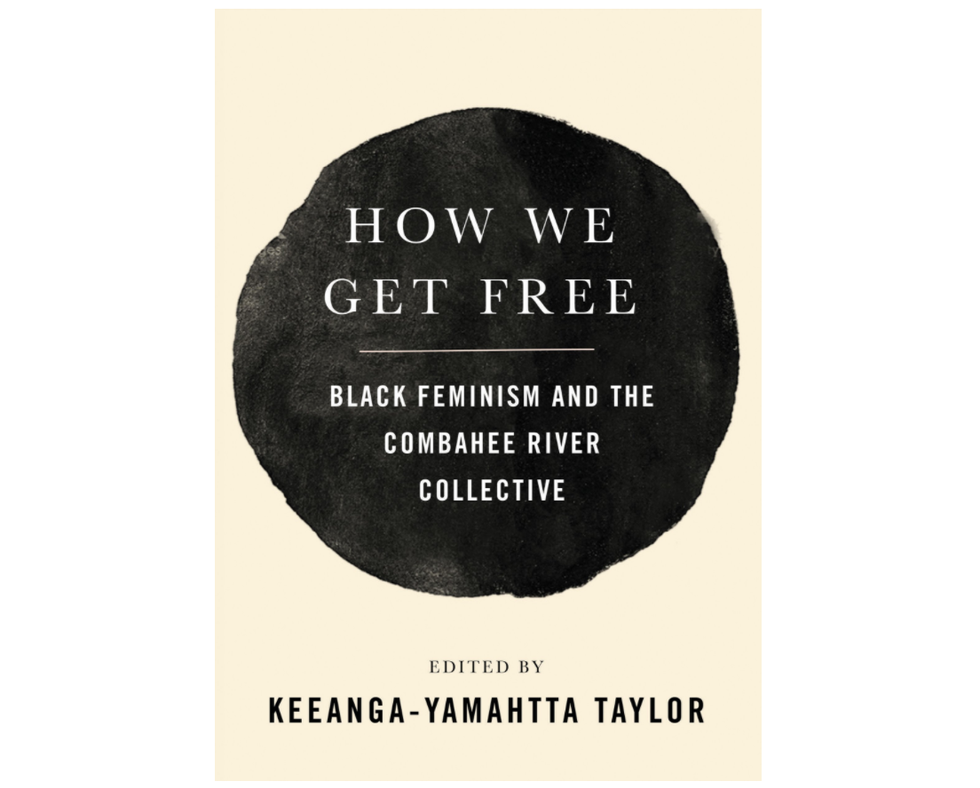
"We reject pedestals, queenhood, and walking ten paces behind. To be recognized as human, levelly human, is enough."
Odyssey may earn a portion of purchases made via links on this page.




